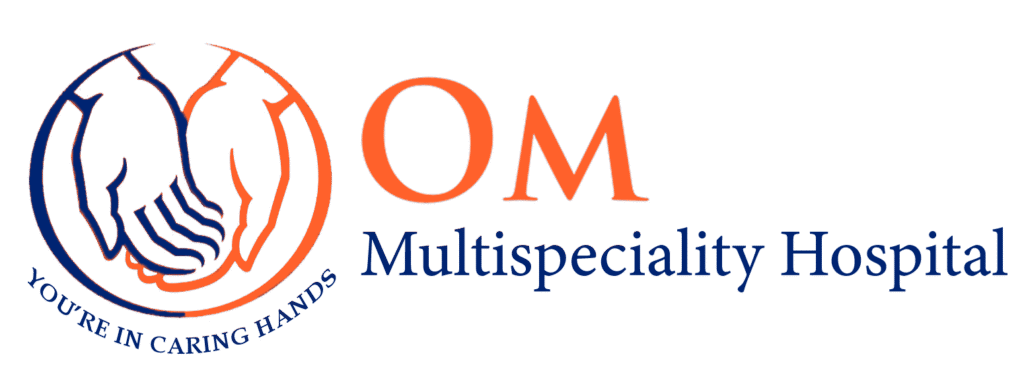At OM Sakthi Multi Specialty Hospital, Diabetes services encompass a wide range of healthcare provisions designed to diagnose, manage, and prevent complications associated with diabetes mellitus, a chronic condition characterized by high blood sugar levels. The overarching goal of diabetes care is to empower individuals to effectively manage their condition, maintain optimal blood glucose levels, and minimize the long-term health consequences of diabetes, thereby improving their quality of life.
Here’s a summary of the key components typically offered within diabetes services:
-
Diagnosis and Screening:
1. Screening: Identifying individuals at risk for diabetes or prediabetes through blood tests (e.g., fasting plasma glucose, A1C, oral glucose tolerance test).
2. Diagnosis: Confirming diabetes type (Type 1, Type 2, Gestational, etc.) based on symptoms and test results. -
Medical Management:
1. Medication Management: Prescribing and adjusting oral medications or insulin therapy based on individual needs, blood glucose levels, and lifestyle.
2. Insulin Therapy: Education on insulin types, injection techniques, pump therapy, and dose adjustments.
3. Blood Glucose Monitoring: Guidance on self-monitoring blood glucose (SMBG) using glucometers, continuous glucose monitoring (CGM) systems, and interpreting data. -
Diabetes Self-Management Education and Support (DSMES):
1. Nutritional Counseling
2. Physical Activity Guidance
3. Medication Adherence
4. Problem-Solving Skills
5. Risk Reduction
6.Healthy Coping -
Complication Screening and Management:
1. Regular Screenings: Routine checks for common diabetes complications:
Eye Exams (Retinopathy): Annual dilated eye exams by an ophthalmologist.
Kidney Function (Nephropathy): Annual urine tests for albumin and blood tests for kidney function.
Nerve Damage (Neuropathy): Regular foot exams to check for sensation loss, sores, and circulation problems; screening for autonomic neuropathy.
Cardiovascular Disease: Monitoring blood pressure, cholesterol levels, and assessing cardiovascular risk.
2. Treatment: Implementing strategies to manage or slow the progression of identified complications. -
Specialized Care:
1. Podiatry (Foot Care): Regular foot exams and care to prevent and manage foot complications.
2. Endocrinology: Consultation with endocrinologists for complex cases, insulin pump management, or specific diabetes types.
3. Cardiology: For managing heart-related complications.
4. Ophthalmology: For managing diabetic eye disease.
5. Nephrology: For managing kidney disease.
6. Psychological Support: Access to mental health professionals to address diabetes distress, depression, or anxiety.

